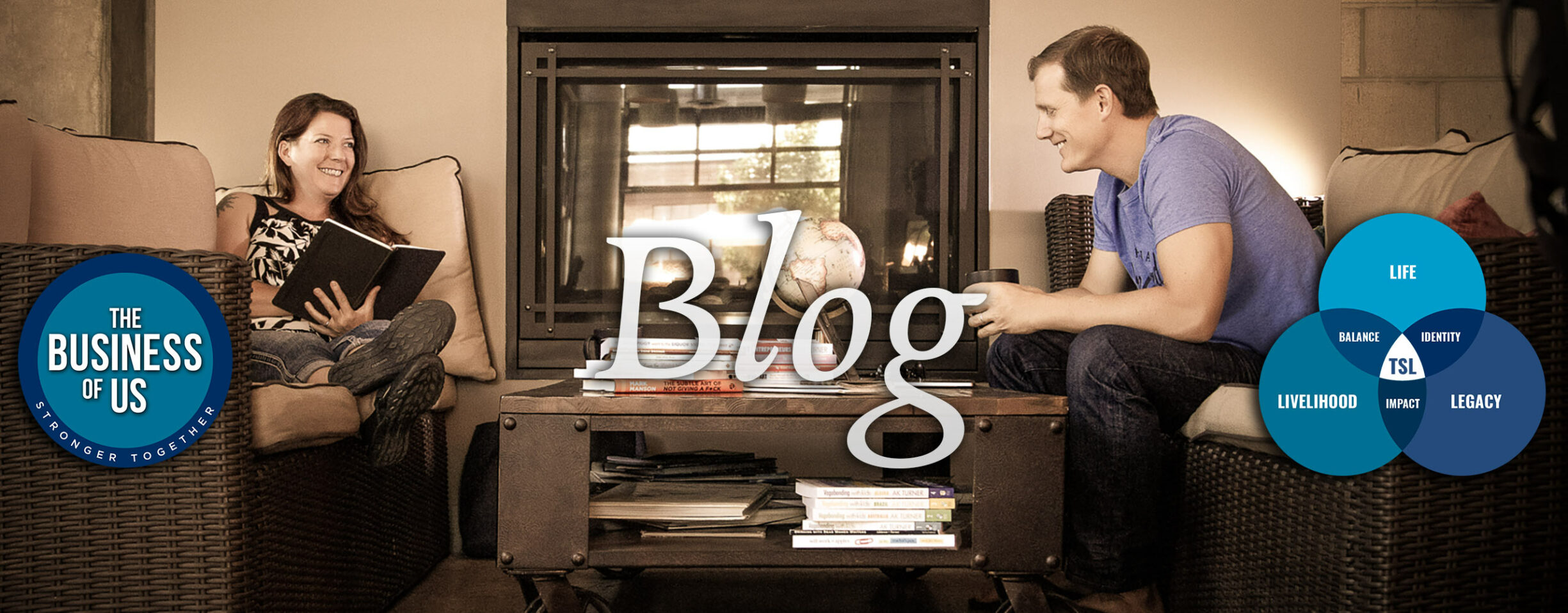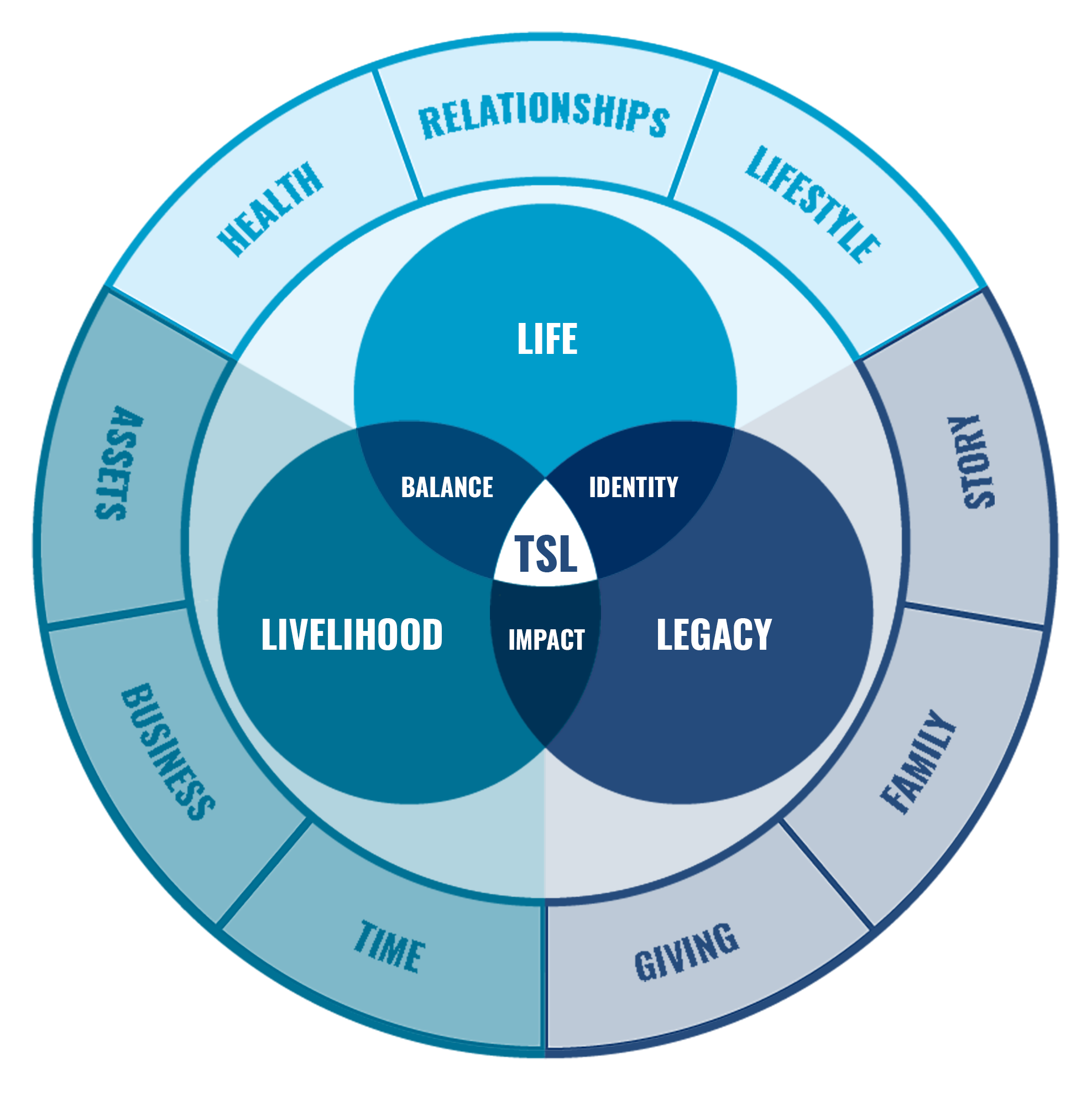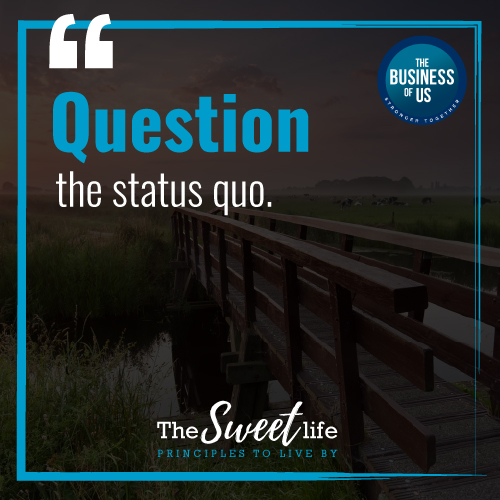

Decline to fit the stereotype
When Mike and I married, starting a family was not on our radar. We looked at examples of the people around us with small children and found households in chaos, where screaming was the most common form of communication between family members. This seemed to be the norm. Just the way it always is.
No thanks.
“Kids are amazing,” a mom would tell me, just after screeching at her toddler to shut the goddamn door.
We had a family over for dinner once. The couple cooed over their little girl who took markers to my walls. Then the dad said, “But once you have kids, you can forget about all THIS.” With that he motioned at our living room, at small wooden sculptures we’d brought back from the South Pacific, intermingled with candles I’d bought at yard sales.
The message was clear: if we had kids we could say goodbye to living in a pleasing environment, because it would be necessary to turn our living room into the private equivalent of a McDonald’s Play Land.
Again, no thanks.
We knew so many couples who professed to love their families, yet couldn’t seem to stand each other.
If they weren’t screaming, they were baby-talking, so much so that the adults began baby-talking to one another. A world where adults willfully baby-talk to one another is my personal version of hell.
And the parents who took the most pride in their children were the ones with downright demonic offspring. Did parenthood turn people insane?
While visiting Mike’s parents in Mexico, we were introduced to a couple close to us in age. Chris and Elizabeth had two young children, ages 4 and 2. But their household was like nothing we’d ever seen.
They spoke to their children as if they were little humans. Because it turns out that kids are really just little humans.
All family members treated all other family members with kindness and respect.
Elizabeth, it turned out, was more addicted to candles than I am. The kids played in the living room, lit candles everywhere.
“Oh my gosh, how do you keep the kids away from the candles?” I asked.
“Oh, um. We tell them not to touch the candles,” she explained.
Genius!
In the middle of their patio grew a giant cactus. Twenty concrete steps led from the patio down to the yard. The kids ran circles around the cactus.
“How do you keep them from getting hurt by the cactus? Or from falling down the stairs?” Other parents we knew had all stairs gated at all times. And running near a cactus would have been on par with playing in traffic.
“Well, honestly, they get hurt once and then pretty much figure it out for themselves.”
Mind blown!
Maybe the examples we’d seen didn’t represent the way it had to be.
Maybe the chaotic, screaming households wanted us to believe that was the norm because that was THEIR norm.
And if Chris and Elizabeth could do it, maybe we could too.
From then on we opened our eyes, not only to the manner in which Chris and Elizabeth parented, but to other households in which parents and children managed to maintain shocking levels of civility. Shocking because they bucked the stereotypes of frazzled mom, barely-there dad, and tantrum-throwing toddlers.
There were other ways of operating as a family, and that’s where we set our sights.
In time, we became a family of four. It wasn’t easy. There were multiple miscarriages, terrifying birth stories, and a child who refused to sleep through the night for the first three years of her life. (Thanks for that, Ivy).
We’ll never have it all figured out. Nor will Chris and Elizabeth, nor any of the other positive examples of parents who we look up to and admire.
There are times when we yell, when our living room does, in fact, resemble a McDonald’s Play Land. But those aren’t the norm. And no one will ever convince me that that’s the way it always is or has to be.
I didn’t realize it at the time, but that early example of what was accepted as normal (for some) versus the possibility of a vastly different course of action, would influence, and lead us to question, everything else we thought to be true.
“You can’t travel during the school year.” Sure you can.
“Children need routine.” Children are incredibly adaptable.
What might you have been told that isn’t exactly true? That you can’t run a marathon? Have to stay in a miserable job? Subject yourself to people you can’t stand because you’re supposed to be polite?
Just because someone feels that a certain way of thinking applies to his or her situation, doesn’t mean it applies to yours.
What works for my family won’t work in every household. We’re all different and unique. But I don’t believe there’s any such thing as “the way it always is.”
Misery loves company, but when misery calls, say you’re busy. Decline to fit that stereotype. Question the status quo. Take ownership of your relationships, your happiness, and how you live your life.
Join The Community!
 Join the quest for “The Sweet Life.” Request access to our Facebook Group. Let’s learn from each other! GO HERE
Join the quest for “The Sweet Life.” Request access to our Facebook Group. Let’s learn from each other! GO HERE
Free Audio Book Download
 Full Unabridged Audio Book “Vagabonding With Kids” by AK Turner! GO HERE
Full Unabridged Audio Book “Vagabonding With Kids” by AK Turner! GO HERE
Take The SWEET LIFE Assessment
 See how you score? Identify your strengths. Discover areas in your life you want to improve. GO HERE.
See how you score? Identify your strengths. Discover areas in your life you want to improve. GO HERE.
Giving Back
 Amanda and Mike launched an Impact Club in their hometown of Boise, Idaho in 2017, and have had a blast gathering like-minded individuals, families, and organizations to make significant impact in our community, raising over $200,000 locally and over $1.5 million nationally.
Amanda and Mike launched an Impact Club in their hometown of Boise, Idaho in 2017, and have had a blast gathering like-minded individuals, families, and organizations to make significant impact in our community, raising over $200,000 locally and over $1.5 million nationally.
About Us
 We are Mike and Amanda Turner, founders of “The Business of Us.” We are fierce advocates of helping entrepreneurial couples and families improve their lives, livelihoods, and legacies… READ MORE
We are Mike and Amanda Turner, founders of “The Business of Us.” We are fierce advocates of helping entrepreneurial couples and families improve their lives, livelihoods, and legacies… READ MORE


